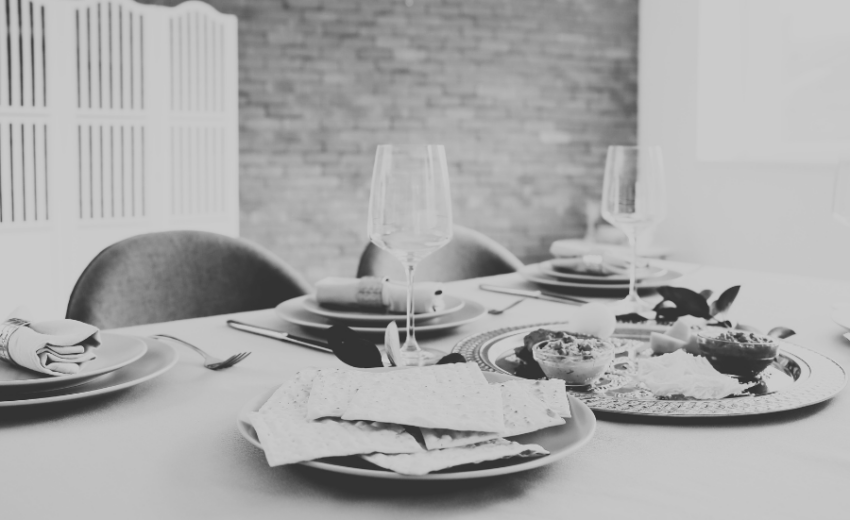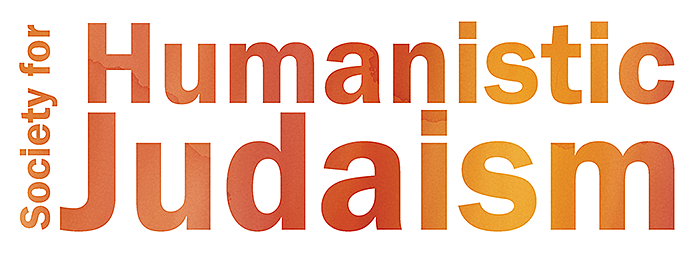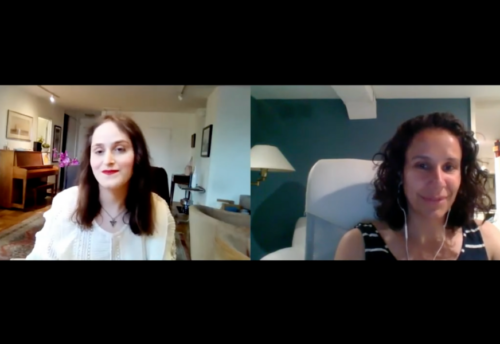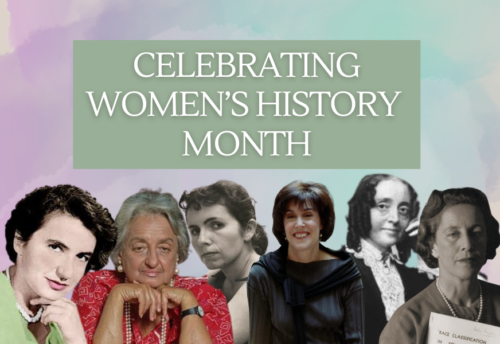
Rabbi Jonathan Cohen of Oraynu Congregation for Humanistic Judaism shares his thoughts on Passover and the hope for all people to live in peace.
Among my favorite childhood memories are seders at the home of my great-aunt and great-uncle, Shirley and Ralph Sigel. About twenty relatives gathered each year, barely squeezing into their dining room. The holiday foods were succulent, being with family was uplifting, and, perhaps unsurprisingly for someone who became a rabbi, I enjoyed reading from the Haggadah. My favorite parts were the two “fours”: the  four questions (“Mah nishtanah …”) and the story of the four children – one wise, one rebellious, one simple, and one who doesn’t even know how to ask – inquiring about the holiday. As a child, these sections about children drew me into the seder’s drama. Further, I enjoyed the childlike (not childish) simplicity of the questions the children posed. “Why is this night different from all other nights?” “What is the meaning of this service?”
four questions (“Mah nishtanah …”) and the story of the four children – one wise, one rebellious, one simple, and one who doesn’t even know how to ask – inquiring about the holiday. As a child, these sections about children drew me into the seder’s drama. Further, I enjoyed the childlike (not childish) simplicity of the questions the children posed. “Why is this night different from all other nights?” “What is the meaning of this service?”
As Passover approaches this year, I cannot help but think of all the violence and tragedy that has taken place in and around Israel since October 7, starting with Hamas’s initial assault and kidnappings and followed by Israel’s invasion into much of Gaza, the fighting with Hezbollah and now even directly with Iran. As I do, I think about four questions that a child might ask about these things:
Why is Israel at war?
How has the war changed the lives of the Israelis and the Palestinians?
How has the war affected us?
What will it take to bring lasting peace to that part of the world?
Answering those questions is not nearly as simple as posing them. But just because questions may not have simple answers does not mean we should not ask them.
Another of my favorite parts of the seder was opening the door for the prophet Elijah at the end. Would the wine in his cup decrease? As a child, I don’t think I knew what a prophet was, and I certainly didn’t know who Elijah was. Only later would I learn that Elijah was a symbol of hope, specifically, a harbinger of a Messianic age. Although I do not believe that a Messiah will magically appear someday, I do believe in the importance of hope.
What are our hopes in these troubled times? One hope is that all people, both Jewish and non-Jewish, will live in peace. As we have expressed at every Oraynu service since October 7:
We hope for the day when all people will live in security and peace, when violence will not be committed by one person against another, by one group against another, or by one nation against another. We express our special concern that Jews throughout our world may live in security and peace, but our concern does not end with the Jewish people. Like the prophet Isaiah, we long for the time when all peoples shall beat their swords into plowshares and their spears into pruning hooks, when nation shall not take up sword against nation, and our world shall never again know war.
May your seders be sweet and meaningful, and may our world know peace before long.
Chag sameach,
Rabbi Jonathan Cohen
Additional thoughts from SHJ leadership on the events that have taken place in October 7th can be found here.




Leave a Reply